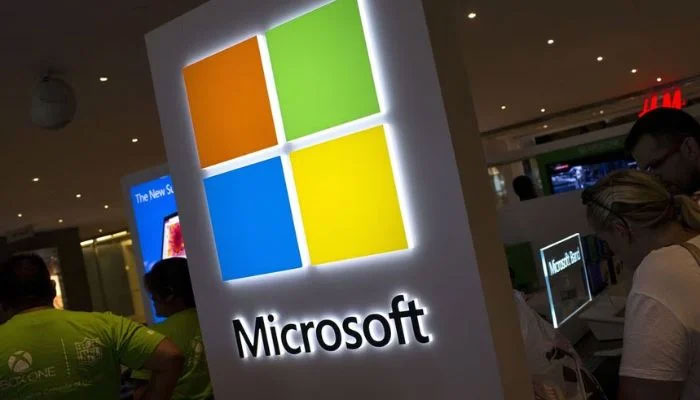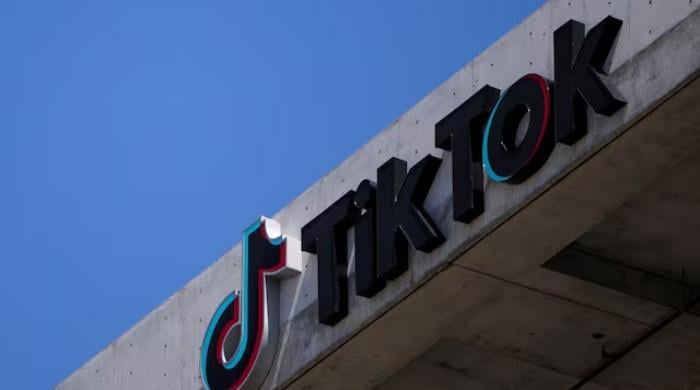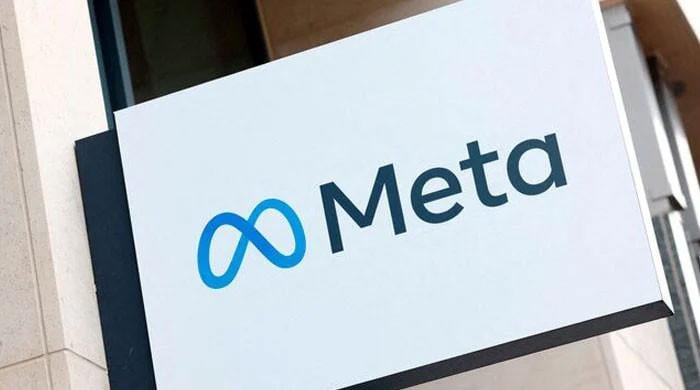European Union supports Microsoft's $69b acquisition of Activision Blizzard
Microsoft, Xbox's owner, launched a bid for Activision Blizzard to become the world's third-largest gaming company
May 16, 2023

The European Union (EU) has granted approval for Microsoft's $69-billion bid to acquire Activision Blizzard, marking a significant development in the deal that was previously blocked by the British competition regulator and faces challenges in the US. This potential acquisition has the potential to become the largest ever in the gaming industry.
Microsoft, the owner of Xbox, initiated the ambitious bid for Activision Blizzard with the aim of establishing itself as the world's third-largest gaming company by revenue, following China's Tencent and Sony, the maker of PlayStation. The merger raised concerns regarding antitrust issues, particularly in relation to competition in the fast-growing cloud gaming market.
The European Commission, the formidable antitrust authority of the EU, has granted its approval with certain conditions. It stated that the approval is contingent upon Microsoft's full compliance with the commitments it has offered. The commission believes that these commitments adequately address the identified competition concerns and will lead to a significant improvement in cloud gaming.
One of the key conditions imposed by the European Commission requires Microsoft to license popular Activision Blizzard games automatically to competing cloud gaming services. This provision is expected to benefit millions of consumers worldwide, enabling them to play these games on their preferred devices. The commission's decision indicates that Microsoft will be obligated to distribute Activision's games to Sony, debunking allegations made by Sony that the deal would give Microsoft the power to limit access to the popular franchise.
However, the acquisition is not yet assured. Microsoft's appeal against the block imposed by Britain's Competition and Markets Authority (CMA) remains pending, and experts assert that the company's success in this appeal is crucial for the deal to proceed. The CMA rejected the bid due to concerns over potential harm to competition in the rapidly expanding cloud gaming market, which could result in reduced choices for British gamers.
Moreover, the deal also faces legal challenges in the United States. Last year, the Federal Trade Commission filed a lawsuit to block the acquisition, citing Microsoft's previous acquisitions of smaller gaming companies to monopolize game exclusivity.
The decision by the EU marks the first major divergence between regulators in the EU and the UK since Brexit. While Japan has already approved the acquisition, the legal process challenging the merger in the US is still ongoing.
The surge in demand for cloud gaming has motivated technology companies, including Microsoft, to vie for a share of this burgeoning market. By leveraging cloud-based platforms, users can access games through subscriptions and virtual means, enabling them to play across various devices such as smartphones and tablets.
Microsoft has asserted that the merger will not harm competition and has promised to provide access to Activision's games to an additional 150 million people. The company has already secured agreements to bring popular titles like "Call of Duty" to platforms such as Nintendo consoles and cloud game streaming services offered by Nvidia, Boosteroid, and Ubitus.
EU Competition Chief Margrethe Vestager emphasized the importance of protecting competition and innovation in such a rapidly evolving industry. She expressed that the EU's decision represents a significant step in that direction.
The outcome of Microsoft's appeal against the block imposed by the CMA in the UK will be pivotal in determining the future of the acquisition. If regulators in one country do not approve the takeover, the merged company would not be able to operate in that specific market. While the UK market is smaller compared to the EU and the US, millions of users rely on Microsoft products, including its ubiquitous Windows operating system.









